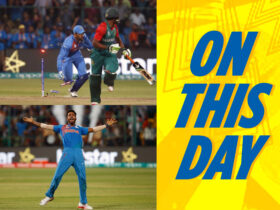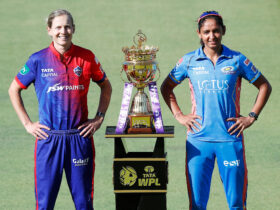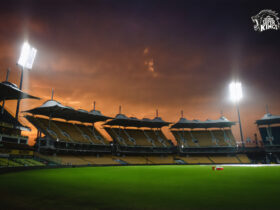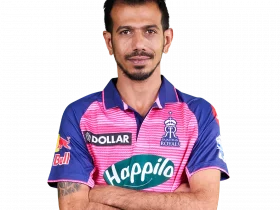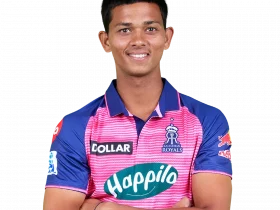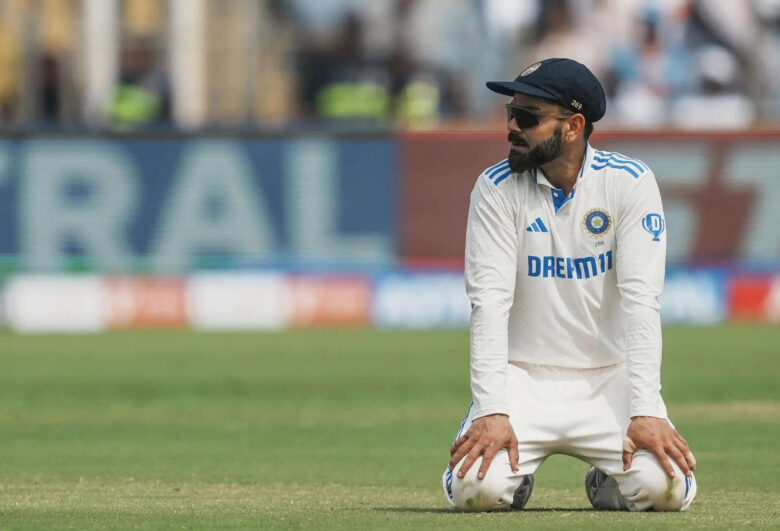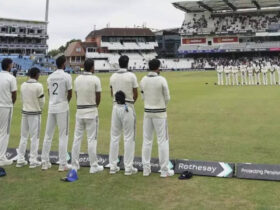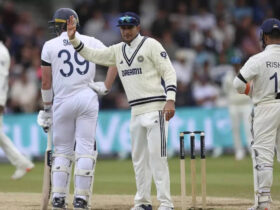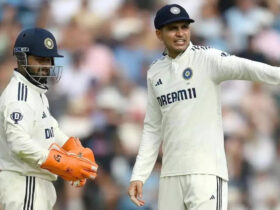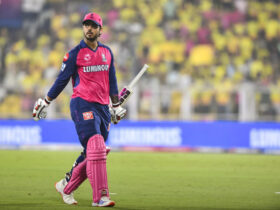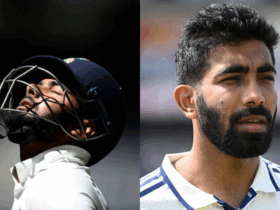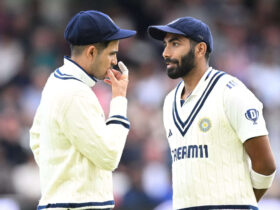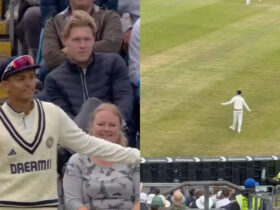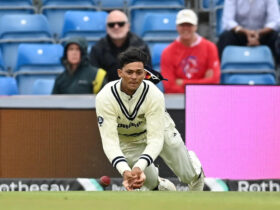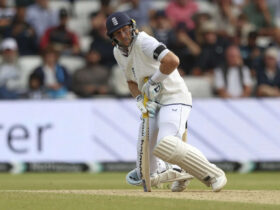Robin Uthappa Reflects on Virat Kohli’s Emotional Resilience in 2006 Ranji Trophy Match
Every so often, cricket transcends beyond just a game and becomes a canvas for raw human emotion, grit, and determination. One such unforgettable moment was etched into history in December 2006 during a Ranji Trophy clash between Delhi and Karnataka. Robin Uthappa, a former Karnataka and India batter, recently revisited this poignant chapter on the KimAppa show, recalling the day an 18-year-old Virat Kohli batted through unimaginable grief to score a defining 90 runs for his state, just hours after losing his father.
The incident unfolded in the backdrop of a tense domestic encounter at Delhi’s Feroz Shah Kotla Stadium. Kohli, then a promising teenager, was unbeaten on 40 overnight when tragedy struck. His father, Prem Kohli, suffered a cardiac arrest and passed away at around 2:30 AM. In a heartbreaking turn of events, young Virat witnessed his father breathe his last. Yet, driven by an unyielding sense of duty to his team, he made the extraordinary decision to return to the crease the following morning—a decision that would leave an indelible mark on those who witnessed it.
In a previous interview with Graham Bensinger, Kohli had opened up about the harrowing experience. ‘I was playing a four-day game and was supposed to resume batting the next day when this happened in the early hours. We all woke up, unsure of what to do. I called my coach in the morning, informed him of the tragedy, and told him I wanted to play. Leaving a cricket match midway was not acceptable to me, no matter the circumstances. I returned briefly for the last rites and promised my brother I’d play for India one day,’ Kohli had recounted with raw emotion.
For Uthappa, who was part of the opposing Karnataka side, the sight of Kohli stepping onto the field that day was nothing short of inspirational. ‘We had heard about Virat, this young kid, and the news of his father’s demise. As a team, we made accommodations, like allowing an extra fielder. But when he came to bat the next day, it was incredible,’ Uthappa shared. ‘I spoke to him briefly, offering my condolences for about 30 seconds. He was very sweet in his response. But when he batted, there was something unique in his eyes—a quiet resolve. It wasn’t the fiery intensity we now associate with Virat, but more like a steady ember, controlled and composed. There was something profoundly beautiful about it.’
Uthappa’s reflections paint a vivid picture of a young man channeling personal loss into a display of sheer willpower. Kohli’s innings of 90 was not just about numbers; it was a lifeline for Delhi, helping them avoid the follow-on and salvage pride. More than the runs, it was his demeanor that struck a chord with Uthappa. ‘The way he held himself was phenomenal. Beyond the cricket, I remember his composure. That was the first time I glimpsed the thirst for greatness in Virat Kohli,’ he noted. Their bond grew stronger in later years when they became teammates at Royal Challengers Bangalore (RCB) in the Indian Premier League (IPL), sharing countless memories on and off the field.
Looking back, Kohli’s 90 in that Ranji match was more than a personal milestone; it was a glimpse into the mental fortitude that would define his illustrious career. Today, as one of India’s greatest-ever batters with over 26,000 international runs across formats and iconic achievements like leading India to the 2011 World Cup triumph, that chilly December day in 2006 stands as a testament to his unshakeable spirit. For Uthappa and countless others, it remains a story of cricket’s ability to mirror life’s toughest battles—and the courage to rise above them.
Virat Kohli’s journey from a grieving teenager to a global cricket icon continues to inspire millions. As Uthappa aptly put it, there was indeed something ‘very beautiful’ about that innings—an ember of resilience that would soon ignite into a blazing legacy.


